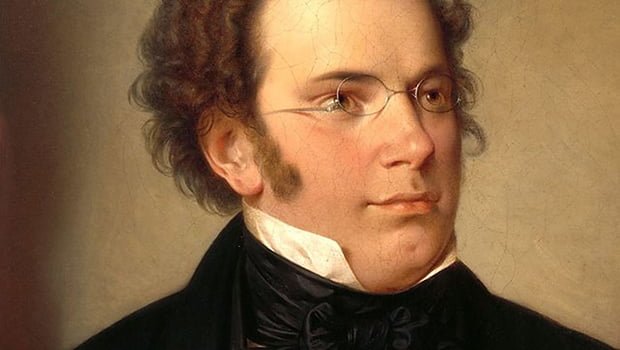Franz Schubert was a renowned Austrian composer of the late Classical and early Romantic eras. Despite his short life, Schubert’s musical genius left an indelible mark on the world of classical music. Here are seven fascinating facts about Franz Schubert:
- Musical Prodigy: Schubert showed exceptional talent from a young age. Born on January 31, 1797, in Vienna, Austria, he began composing music as early as age 11. He studied composition with Antonio Salieri, a prominent composer of the time, and quickly developed a unique and expressive musical style.
- Prolific Composer: Schubert’s output was remarkably prolific. Over his short life, he composed over 1,000 works, including symphonies, chamber music, piano sonatas, operas, and over 600 lieder (art songs). Despite the sheer quantity of his compositions, he only achieved recognition and success among a small circle of friends and colleagues during his lifetime.
- Lieder Master: Schubert revolutionized the genre of lieder, which are German art songs for solo voice and piano. His lieder compositions, including “Erlkönig,” “Die Forelle,” and “Gretchen am Spinnrade,” are considered some of the finest in the repertoire. Schubert’s ability to convey complex emotions and vivid storytelling through his music was unparalleled.
- Unfinished Symphonies: One of the most intriguing aspects of Schubert’s legacy is his collection of unfinished symphonies. The most famous among them is the Symphony No. 8 in B minor, commonly known as the “Unfinished Symphony.” It consists of only two movements, but their haunting beauty and rich orchestration have captivated audiences for centuries.
- Influence on Future Composers: Schubert’s music had a profound impact on future generations of composers. His harmonic language and melodic inventiveness foreshadowed the Romantic era and influenced composers like Gustav Mahler, Johannes Brahms, and Richard Strauss. Schubert’s exploration of emotional depth and introspection set the stage for the Romantic movement in music.
- The Schubertiades: Schubert was known for hosting intimate gatherings called “Schubertiades.” These were informal musical and social events where Schubert and his friends would perform his latest compositions. These gatherings were an essential part of Viennese cultural life, and Schubert’s music was at the heart of these convivial evenings.
- Health Struggles and Untimely Death: Schubert’s life was plagued by health problems, including syphilis and mercury poisoning from the treatment of his illness. He died on November 19, 1828, at the age of 31, leaving many of his compositions unpublished and undiscovered until after his death. Despite his premature passing, his musical legacy continues to inspire and enchant audiences worldwide.
Franz Schubert’s remarkable talent and contribution to classical music solidify his position as one of the greatest composers in history. His ability to evoke deep emotions through his melodies and his vast body of work have secured his place among the pantheon of musical geniuses.


Comments are closed